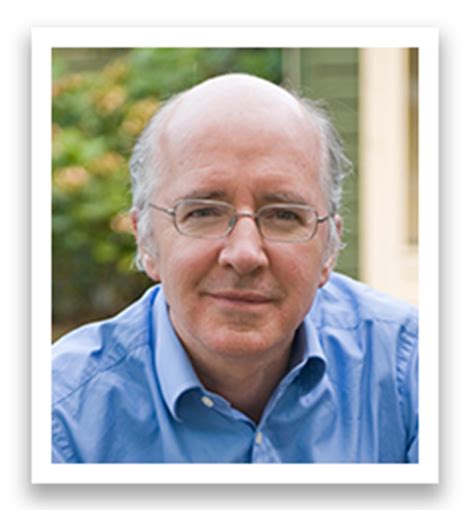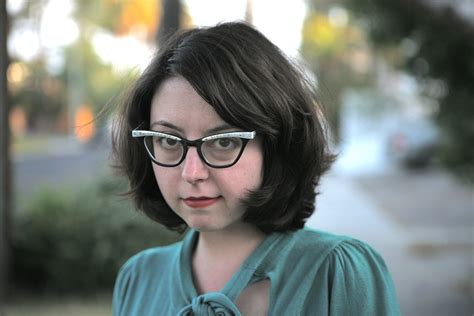A Quote by John Gimlette
I was writing the Paraguay book, a Paragauyan told me that only five thousand people in Paraguay read.
Related Quotes
I would like especially to mention you, the women, wives and mothers of Paraguay, who at great cost and sacrifice were able to lift up a country defeated, devastated and laid low by an abominable war. God bless your perseverance, God bless and encourage your faith, God bless the women of Paraguay, the most glorious women of America.
I'll always love Paraguay. It's this most exotic place configured out of the imagination, the whole country.Paraguay will always be a special place in my heart. I go back a long way. I first arrived as a refugee in 1982 from the Falklands War. So it was a safe haven then, and it has become something exotic since then. I feel like I'd like the dust to settle a little bit before going back.
I slightly feel, having written Paraguay and Newfoundland - and both of them have developed eccentricities through isolation - I am quite relieved to be back in France and Germany, and I want people to enjoy these books for the writing and not because they feel they can laugh - some will laugh - at these eccentric places, that's not what I intend.
It's insane to be a writer and not be a reader. When I'm writing I'm more likely to be reading four or five books at once, just in bits and pieces rather than subjecting myself to a really brilliant book and thinking, "Well what's the point of me writing anything?" I'm more likely to read a book through when I take a break from writing.
There's a fantastic, thousand-page book by David Thomson about [David O. Selznick]. Again, it's not the best argument or the best advertisement for his story, because most people aren't going to read a thousand-page book. But I feel like the rise and fall and the work [Mayer] produced - not just the movies, but the memos, the volume of writing - he's just so passionate, and that's really exciting.




























